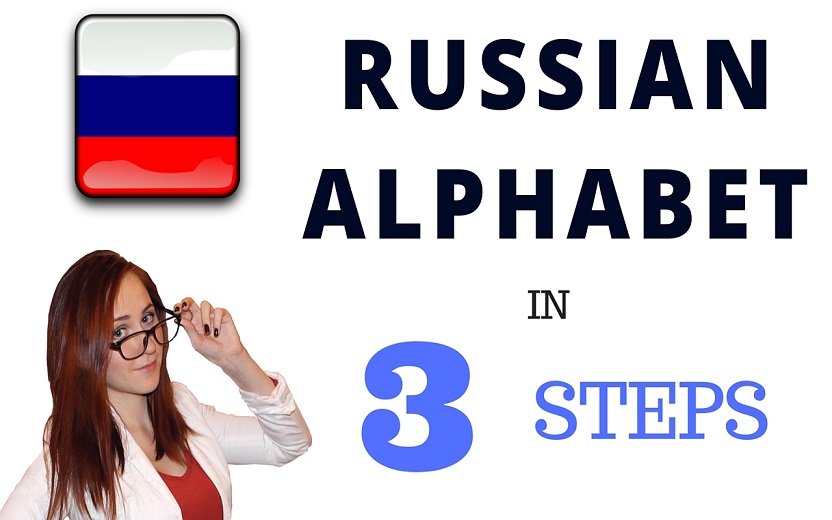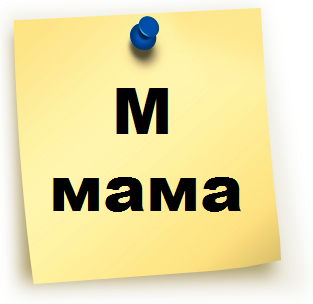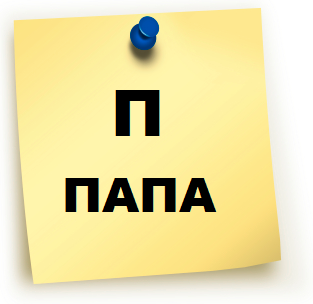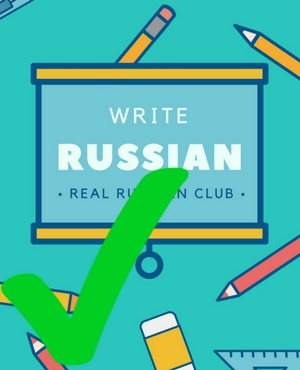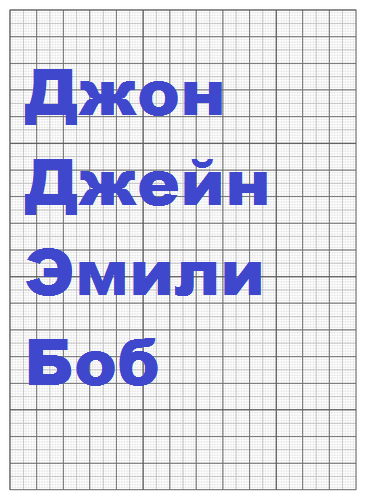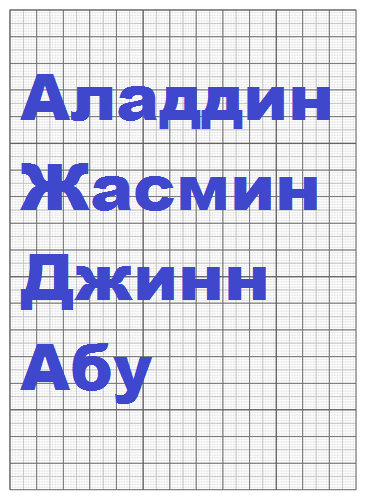
Five reasons to learn Russian
To many native speakers of other languages Russian can seem like a challenging and mysterious language. It’s not usually the first language people think of when they want to learn a foreign language. In this post we’ll unveil some of the mystery surrounding Russian as we give you 5 reasons you should learn the language.
1) Knowing Russian Opens the Doors to Travel
Russian is a truly international language with over 300 million native and non native speakers in countries throughout Eastern Europe and Central Asia. Being able to speak russian will open doors to exotic and exciting places. From the busy bustle of Moscow, the hopefulness of Kiev, the elegance of St. Petersburg, to the mysteriousness of Almaty your Russian skills could unlock a lifetime of travel and adventure.
2) The Russian Speaking World Holds Many Interesting Cultures
All these foreign destinations hold a depth of fascinating culture. Learning Russian will do more than just give the opportunity of travel, it will help you discover new ways of looking at the world. The Russian speaking world has a deep and rich tradition of Slavic culture. Many parts of its history and customs will be completely new to most native English speakers. But Slavic culture isn’t only a part of the past. It lives on today. Knowing the Russian language will help you appreciate a different way of life and a new way of looking at the world.
3) Russia has a Great Tradition of Literature
Russia has historically been a titan in the area of world literature. Tolstoy, Dostoevsky, Gogo, Bunin, Chekhov, Pushkin, the list goes on. As your skill in russian improves you’ll be able to read the works of these great authors in their native Russian, giving you a higher level of appreciation and understanding that just wouldn’t be possible otherwise.
4) There are More Resources Than Ever to Help You Learn Russian
In the past if you were a native English speaker it could be difficult to find good resources for learning Russian. But in the past several years the internet has exploded with courses, apps, and other resources to you help along in your language journey. Not all courses are created equal, I’ve often written about how some are better than others. Still there are a ton of lessons, grammar aids, videos, and media out there that are helpful and will make the difference in your studies.
5) Learning Russian is a rewarding experience
Learning Russian isn’t always easy, but it is always worth it. Yes the grammar can be complex, the words unusual, and the pronunciation difficult; but as you practice and develop your skills you will find that the ability to understand and use the language more than makes up for it. Celebrate every success you have on the road to fluency, even the smallest ones, and you will find Russian learning to be a satisfying experience.
Author bio:
Coffee drinker, language learner, habitual traveler, taking life one beautiful day at a time. Anthony Larsen is an avid language learner and blogger at Livefluent.com.



